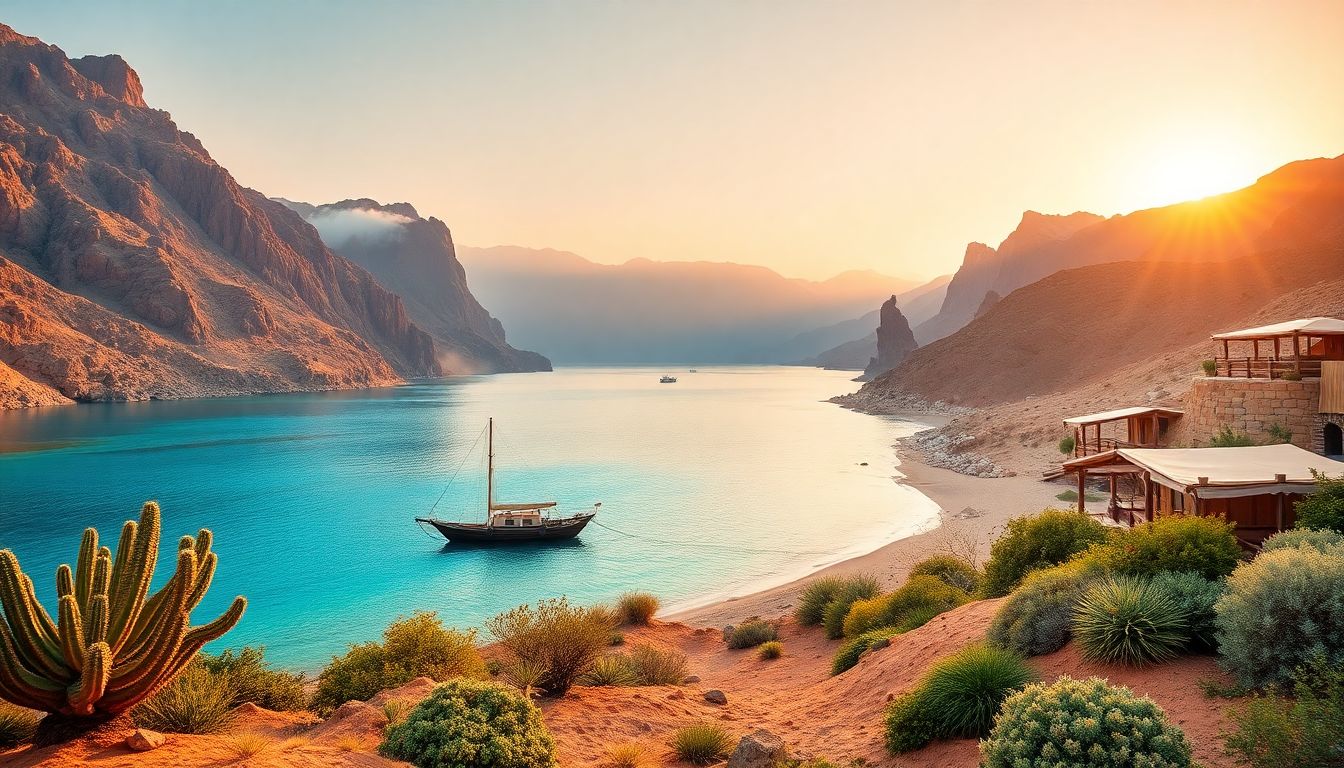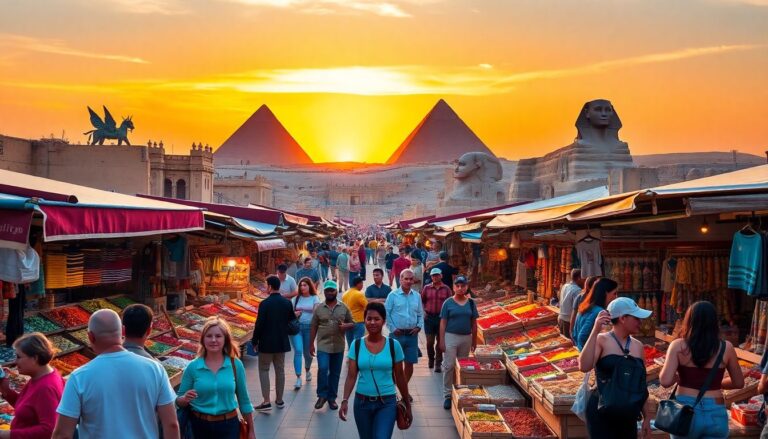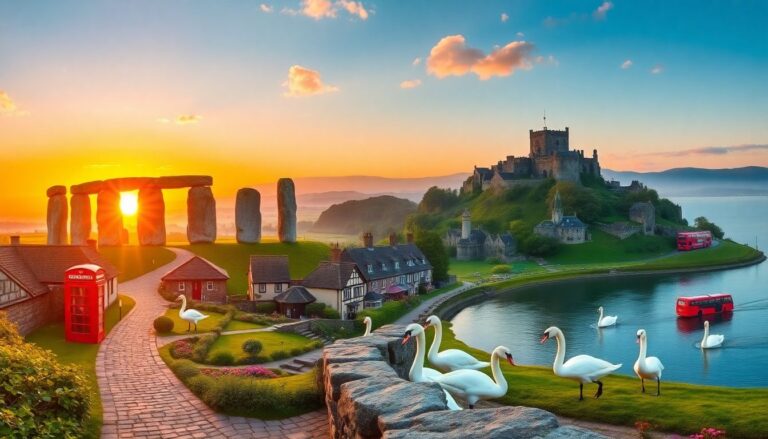Discover the Natural Beauty of Abu Galum Nature Reserve in South Sinai Governorate

Introduction
Hidden along Egypt’s southern coast, Abu Galum Nature Reserve shines as a true natural jewel. This remote area holds unmatched beauty, rich biodiversity, and deep cultural roots. It’s a place where desert landscapes meet vibrant coral reefs. The reserve is a protected spot that offers a glimpse into South Sinai’s untouched wilderness. Exploring Abu Galum means discovering a mix of nature, history, and adventure in one spot.
Overview of Abu Galum Nature Reserve
Location and Geographic Features
Nestled along the Gulf of Aqaba, Abu Galum stretches over a sizable area of South Sinai. It borders the Red Sea and shares borders with Ras Mohamed National Park. The landscape is a mix of colorful coral reefs, arid deserts, and rugged mountains. This variety makes the reserve a heaven for many species of animals and plants. The water’s edge is home to spectacular coral gardens, while inland, you find rocky valleys and sandy dunes.
Historical and Cultural Significance
Abu Galum isn’t just about landscapes. It’s also a place where Bedouin tribes have lived for centuries. These tribes have stories and traditions that connect deeply with the land. You can spot ancient Bedouin ruins and rock carvings that tell tales from long ago. It’s where history and culture blend seamlessly with nature, making it truly special.
Status as a Protected Area
Recognized as a protected area by the Egyptian government, Abu Galum receives careful attention for its preservation. It’s part of Egypt’s network of natural reserves aimed at conserving biodiversity. This status helps keep the environment safe from overdevelopment and pollution. It’s also gaining recognition from international conservation groups, highlighting its global ecological importance.
Unique Ecosystems and Biodiversity
Marine Life and Coral Reefs
Underwater, Abu Galum is a paradise for snorkelers and divers. Its coral reefs host hundreds of fish species, from colorful clownfish to sleek groupers. Marine mammals like dolphins sometimes visit, adding more excitement. The coral reefs help sustain the local fishing economy and protect coastlines from erosion. Without these reefs, the entire marine ecosystem would struggle.
Terrestrial Flora and Fauna
On land, native plants thrive amid the harsh desert conditions. You’ll find hardy shrubs, drought-resistant grasses, and wild herbs. The animals are equally adapted; small desert foxes, reptiles like geckos, and migratory birds pass through or make their homes here. Some birds stop during long migrations, turning Abu Galum into a birdwatcher’s paradise.
Conservation Challenges and Successes
Although Abu Galum holds incredible biodiversity, challenges persist. Overfishing, pollution, and climate change threaten its health. However, conservation programs have helped. Local communities participate in protecting the environment. Efforts like sustainable fishing and eco-tourism have made a difference. Progress is steady, but ongoing work is needed to keep this place thriving.
Activities and Experiences for Visitors
Eco-Tourism and Adventure Activities
Visitors can indulge in so many exciting activities like snorkeling in clear waters or diving among vibrant coral reefs. Guided desert safaris take you through the dunes and rocky terrains. Hiking trails lead up mountains offering panoramic views of the Gulf of Aqaba. These adventures make exploring Abu Galum a memorable experience.
Cultural Encounters
Interacting with Bedouin tribes offers deeper insights into their traditional way of life. Listen to local stories, taste authentic dishes, and learn about traditional crafts. The tribes often share music and dance, making cultural visits lively and educational. It’s a chance to connect with the history that shapes Abu Galum.
Practical Tips for Visitors
The best time to visit is during the cooler months, from October to April. Pack lightweight clothing, sun protection, and snorkeling gear. Be prepared for remote conditions — there are no shops inside the reserve. Always stick to eco-friendly practices, avoid disturbing wildlife, and respect local customs.
Conservation and Environmental Initiatives
Government and NGOs Roles
The Egyptian government enforces rules that protect Abu Galum’s natural treasures. Non-governmental organizations also work tirelessly to support conservation. They help with environmental education, community projects, and patrols to prevent illegal activities. These combined efforts ensure the reserve stays healthy.
Sustainable Tourism Practices
Visitors are encouraged to keep Egypt’s nature clean by staying on designated paths and avoiding damaging corals. Eco-tours that involve local guides promote eco-friendly travel. Minimizing waste and avoiding single-use plastics are vital steps toward sustainability. Every small action adds up to long-term conservation.
Future Outlook and Challenges
As tourism grows, so do concerns about ecological damage. Climate change threatens coral reefs with rising sea temperatures. Managing tourism responsibly will be key to balancing access and preservation. Effective policies and community involvement will shape Abu Galum’s future success.
How to Support and Conserve Abu Galum
Responsible Visiting Tips
Respect local traditions and wildlife. Don’t feed animals or step on reefs. Use eco-friendly products and dispose of waste properly. Follow all guidelines for camping, snorkeling, and trekking to avoid harming the environment.
Supporting Local Communities
Choose eco-lodges or homestays run by Bedouin families. Hire local guides who understand the land and its stories. Participating in community-led tours helps preserve traditions and boosts local income.
Contributing to Preservation Efforts
Donations help fund conservation projects and community initiatives. Volunteering during your visit can have a positive impact. Sharing stories about Abu Galum helps raise awareness globally.
Conclusion
Abu Galum Nature Reserve is a rare treasure blending natural beauty with rich culture. It’s a vital habitat for numerous species and a peaceful escape into remote wilderness. Protecting this incredible place requires ongoing effort from everyone—visitors, locals, and authorities alike. Your responsible travel and support can make a real difference, ensuring Abu Galum will enchant generations to come. Remember, every visit is an opportunity to learn and contribute to its conservation.






